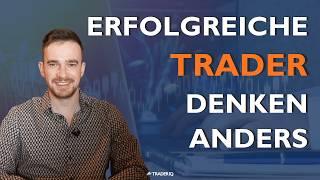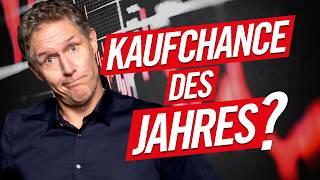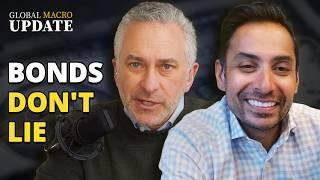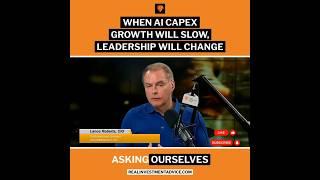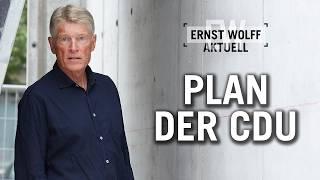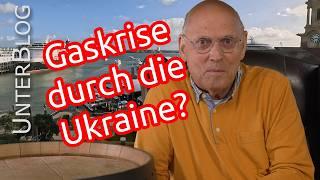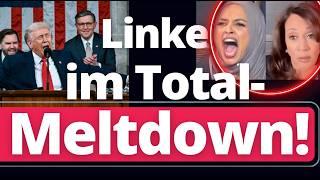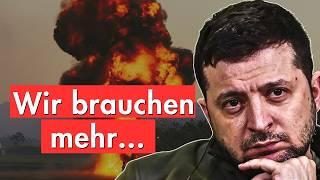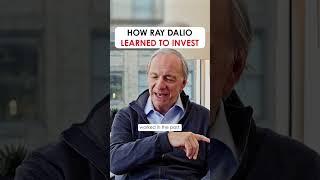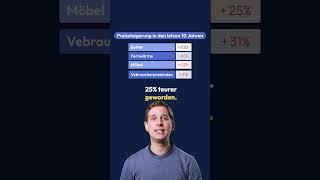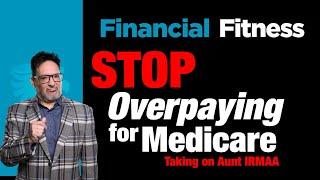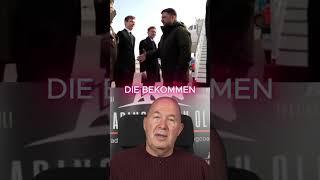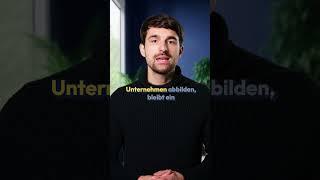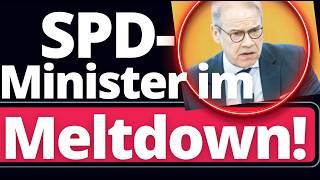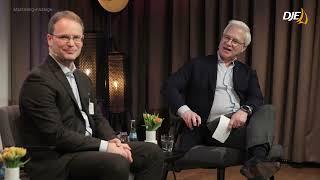| Age of Economics: in the first part of this project a diverse group of global thinkers answers 8 fundamental questions about economics and capitalist civilization. (Interview number 43) 0:00 - Prologue 01:04 - Intro 01:22 - 1. Why does economics matter? 04:54 - 2. What are the differences between economic science and economic engineering? 08:28 - 3. What role does economics play in society? Does it serve the common good? 10:37 - 4. Economics provides answers to problems related to markets, efficiency, profits, consumption and economic growth. Does economics do a good job in addressing the other issues people care about: climate change and the wider environment, the role of technology in society, issues of race and class, pandemics, etc.? 14:16 - 5. As we live in an age of economics and economists – in which economic developments feature prominently in our lives and economists have major influence over a wide range of policy and people – should economists be held accountable for their advice? 17:51 - 6. Does economics explain Capitalism? How would you define Capitalism? 22:14 - 7. No human system to date has so far been able to endure indefinitely - not ancient Egypt or Rome, not Feudal China or Europe, not the USSR. What about global Capitalism: can it survive in its current form? 25:01 - 8. Is Capitalism, or whatever we should call the current system, the best one to serve the needs of humanity, or can we imagine another one? About Otmar Issing German. Former Chief Economist of Deutsche Bundesbank and the European Central Bank Otmar Issing is a German economist who has been serving as President of the Center for Financial Studies since 2006. As the former Chief Economist and Member of the Board of the European Central Bank (ECB) Issing developed the ‘two pillar’ approach to monetary policy decision-making that the ECB has adopted. Issing studied economics at the University of Würzburg from 1955 until 1960 with temporary studies in London and Paris. From 1960 to 1966 he worked as a research assistant at the University of Würzburg. He earned his PhD in 1961 and received his postdoctoral lecture qualification (habilitation) in 1965. In 1967 Issing became director of the Institute for International Economic Relations at the University of Erlangen-Nuremberg and full professor at the faculty of economics and social sciences of the University of Erlangen-Nuremberg. In 1973 he was appointed Professor of Economics, Monetary Affairs and International Economic Relations at the University of Würzburg. From 1988 to 1990 Issing was a member of the German Council of Economic Experts and in 1990 he became a member of the board of the Deutsche Bundesbank with a seat on the Central Bank Council. In 1998 Issing became a member of the Executive Board of the European Central Bank, responsible for the Directorates General Economics and Research as well as its first Chief Economist. Since June 2006 Issing has been president of the Center for Financial Studies (CFS) at the Goethe University in Frankfurt am Main and from 2007 until 2018 he was an international advisor to Goldman Sachs. In October 2008 Issing chaired a German government expert group on the new financial order that drew up proposals on how to reform international financial markets (also known as “Issing Commission”). The group published six reports. In 2008 Issing was also a member of the high level group of the European Commission on financial supervision in the EU chaired by Jacques de Larosière. He was a Member of the G20 Eminent Persons Group on Global Financial Governance, which was formally established by G20 Finance Ministers and Central Bank Governors for the period 2017-2018. ►Website ?https://www.ageofeconomics.org ►Transcript?https://www.ageofeconomics.org/interviews/otmar-issing/ ►Youtube channel?https://www.youtube.com/c/AgeofEconomics ►Twitter ?https://twitter.com/AgeofEconomics ►Facebook ?https://www.facebook.com/ageofeconomics Interview by William Hynes Music: J.S. Bach, from The Well-Tempered Clavier. Kimiko Ishizaka, piano. Video by Fabio Dondero |
Tags: Featured,newsletter























